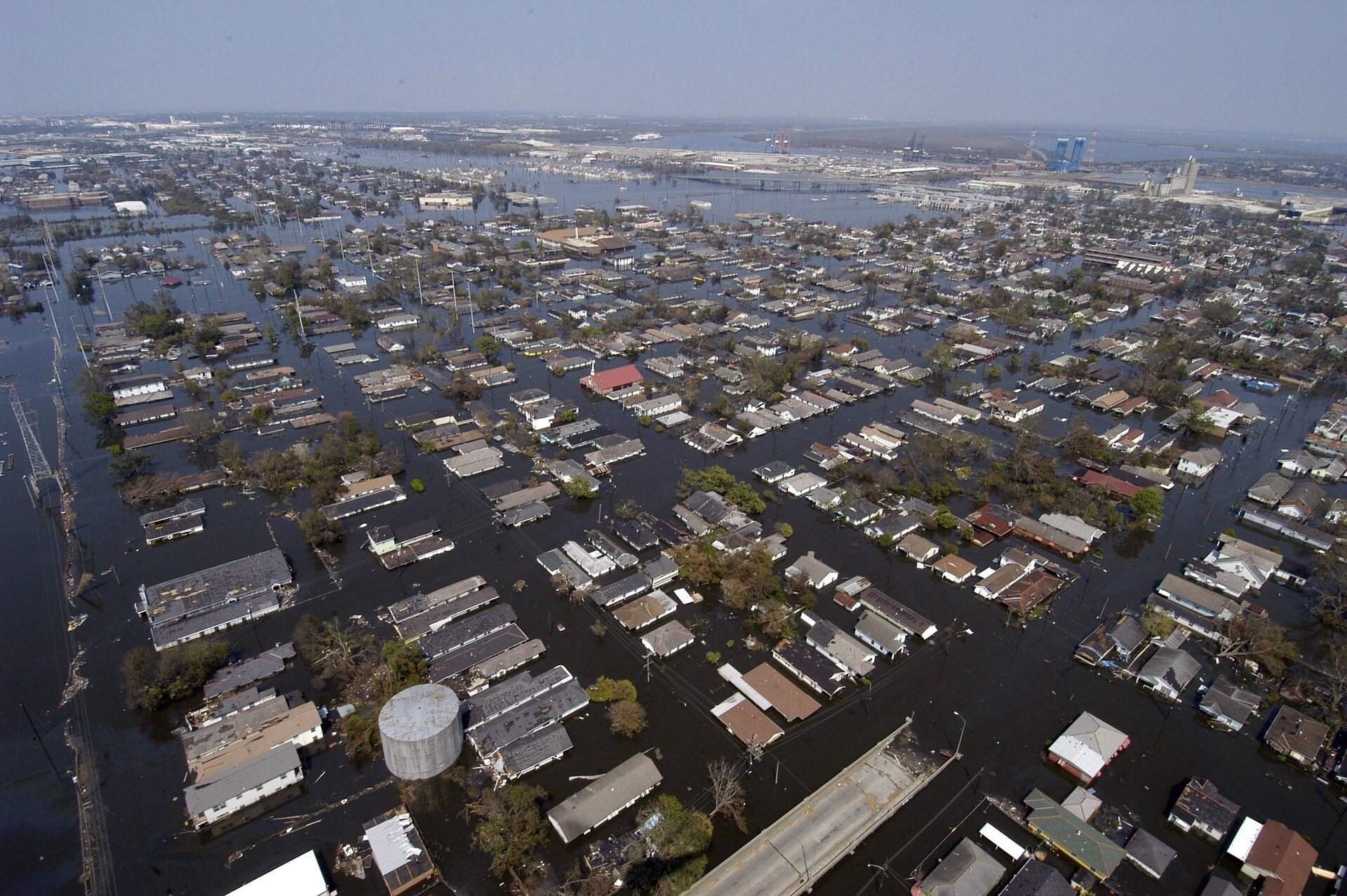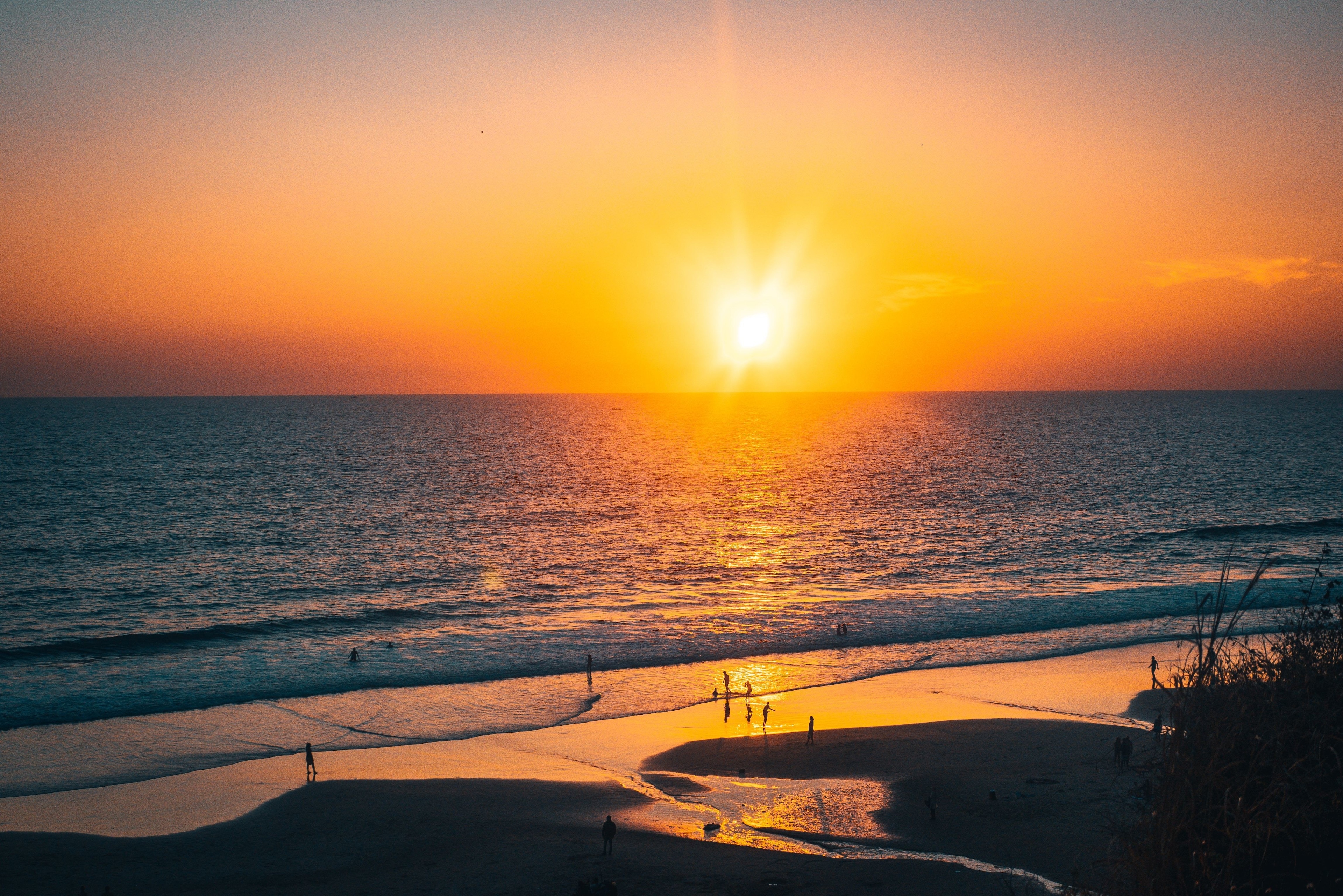Why Vanuatu risks long-term food insecurity


Get involved with our crowdsourced digital platform to deliver impact at scale
Stay up to date:
Infrastructure
The monster cyclone that hit Vanuatu earlier this month wiped out more than 90 percent of the archipelago’s crops, putting its people at risk of a secondary emergency and long-term food insecurity, the United Nations warned on Monday.
Tropical Cyclone Pam destroyed homes, electricity infrastructure and crops when it swept across the South Pacific island nation on March 13, leaving at least 11 dead.
The United Nations issued an appeal last week for $29.9 million to provide an estimated 166,000 affected people with safe drinking water and shelter, but said only $6.4 million had been pledged.
“While we can already see the positive impact of the government-led emergency relief operation, we still need to scale up efforts to ensure all islands are provided with food, water, shelter and medical care,” Osnat Lubrani, the U.N. humanitarian coordinator for Vanuatu, said in a statement.
“The emergency is not over yet,” she said after visiting Tafea, one of the most severely affected provinces, on Saturday.
Separately, the World Bank announced on Monday that Vanuatu had received $1.9 million from the Pacific Catastrophe Risk Insurance Pilot, an initiative to reduce countries’ financial vulnerability to natural disasters.
“The insurance payout will support Vanuatu in financing urgent relief and recovery efforts, as we continue to work with the government to identify priorities and offer assistance through various financial mechanisms,” Franz Drees-Gross, the bank’s director for the Pacific Islands, said in a statement.
Around 250,000 people live in Vanuatu, spread across 60 or so inhabited islands. Aid groups and survivors said early warnings and traditional coping mechanisms may have helped prevent a much larger disaster.
The U.N. said humanitarian teams have reached all 22 storm-affected islands despite logistical challenges due to the archipelago’s spread across a wide area.
Lubrani said people had begun to rebuild with help from local authorities and the international community, but warned that much of the population, which relies heavily on subsistence farming, is now short of food and without a source of income.
“One of the women I met told me that they are in urgent need of income, having nothing to sell on the local market and no money to even buy soap,” she said.
The U.N. and partner NGOs have started to provide families with seed kits to ensure long-term food security, and will support the government in restoring infrastructure and reviving economic activities.
A World Bank technical team will arrive in Vanuatu’s capital Port Vila on Tuesday to negotiate up to $59.5 million in credit for an aviation investment project as part of efforts to help restore the tourism sector.
This article is published in collaboration with Thomson Reuters Foundation trust.org. Publication does not imply endorsement of views by the World Economic Forum.
To keep up with Agenda subscribe to our weekly newsletter.
Author: Alisa Tang is a journalist for the Thomson Reuters Foundation, covering humanitarian issues across the Asia Pacific.
Don't miss any update on this topic
Create a free account and access your personalized content collection with our latest publications and analyses.
License and Republishing
World Economic Forum articles may be republished in accordance with the Creative Commons Attribution-NonCommercial-NoDerivatives 4.0 International Public License, and in accordance with our Terms of Use.
The views expressed in this article are those of the author alone and not the World Economic Forum.
Related topics:
The Agenda Weekly
A weekly update of the most important issues driving the global agenda
You can unsubscribe at any time using the link in our emails. For more details, review our privacy policy.
More on Global RisksSee all
Gareth Byatt and Ilan Kelman
March 11, 2024
Andrea Willige
March 6, 2024
Richard Aster
November 15, 2023
Ian Shine and Rebecca Geldard
November 14, 2023
Andrea Willige
October 26, 2023
Simon Torkington
September 14, 2023






